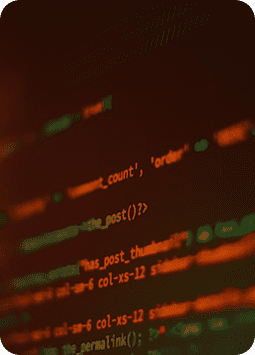In the fast-evolving world of software development, where new languages, frameworks, and tools emerge constantly, one fundamental principle remains unchanged: the importance of writing clean, readable code. While the thrill of solving complex problems and building innovative features often takes center stage, clean code serves as the silent backbone of sustainable, collaborative software projects.
Clean code is more than just aesthetically pleasing—it’s about writing code that is easy to understand, modify, and debug. When developers write clean code, they ensure that others (including their future selves) can easily comprehend what the code does and why it was written in a certain way. This becomes especially vital in team environments or large-scale systems where multiple developers work on the same codebase over time. A well-structured, readable codebase minimizes onboarding time for new developers and reduces the risk of introducing bugs during maintenance.
Key elements of clean code include meaningful variable and function names, proper indentation, modular design, and consistent formatting. Functions should do one thing and do it well, making them reusable and testable. Avoiding deep nesting, using comments sparingly but effectively, and adhering to established style guides all contribute to a cleaner codebase.
The benefits of clean code extend beyond readability. It enhances testability, making it easier to implement unit tests and automated testing frameworks. It also improves collaboration, as clear code facilitates better communication between team members. In a world increasingly embracing DevOps and continuous delivery, clean code ensures that automated tools can effectively scan, analyze, and deploy the application without confusion or errors.
Moreover, clean code reflects a developer’s discipline and professionalism. It signals attention to detail and respect for colleagues who may read or rely on the code in the future. While it may require a bit more time upfront, writing clean code saves countless hours down the road during debugging, refactoring, or scaling the application.
In summary, clean code is an investment in the longevity and health of a software project. By prioritizing clarity, structure, and maintainability, developers can create robust systems that stand the test of time, empower teams, and deliver value with confidence.



